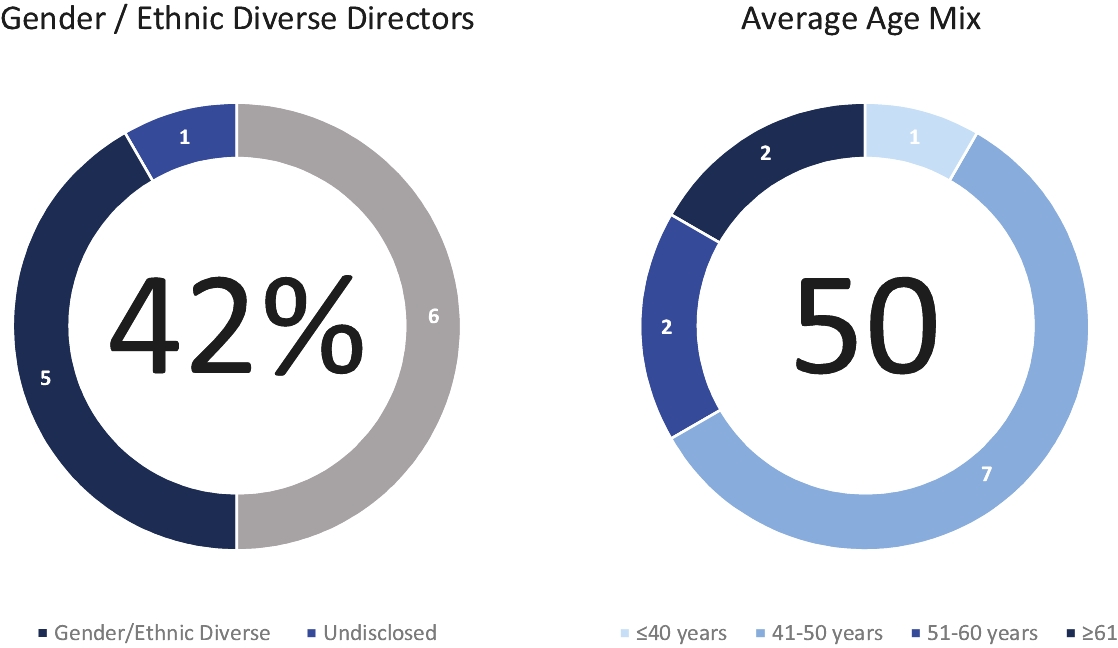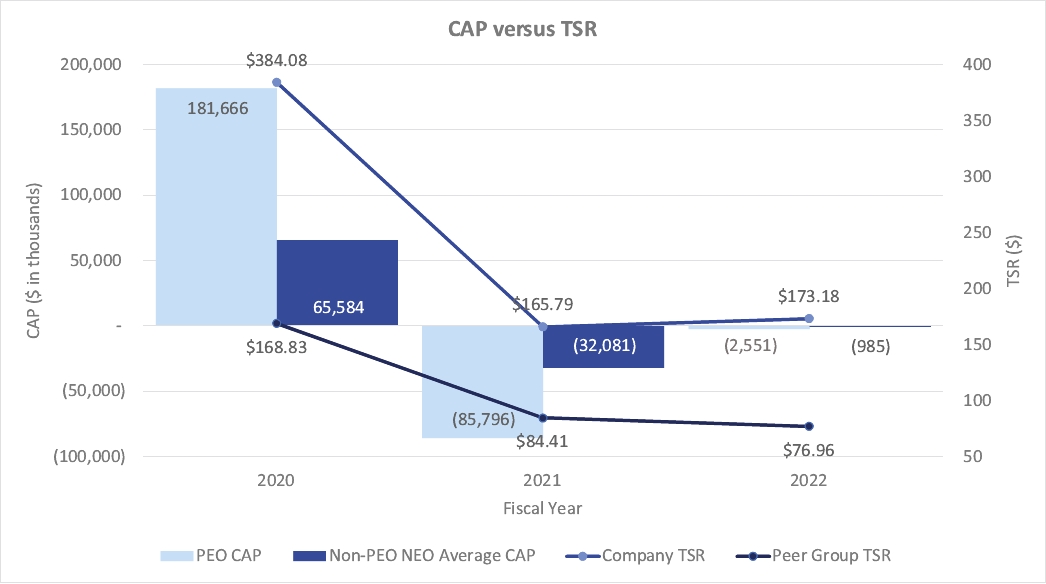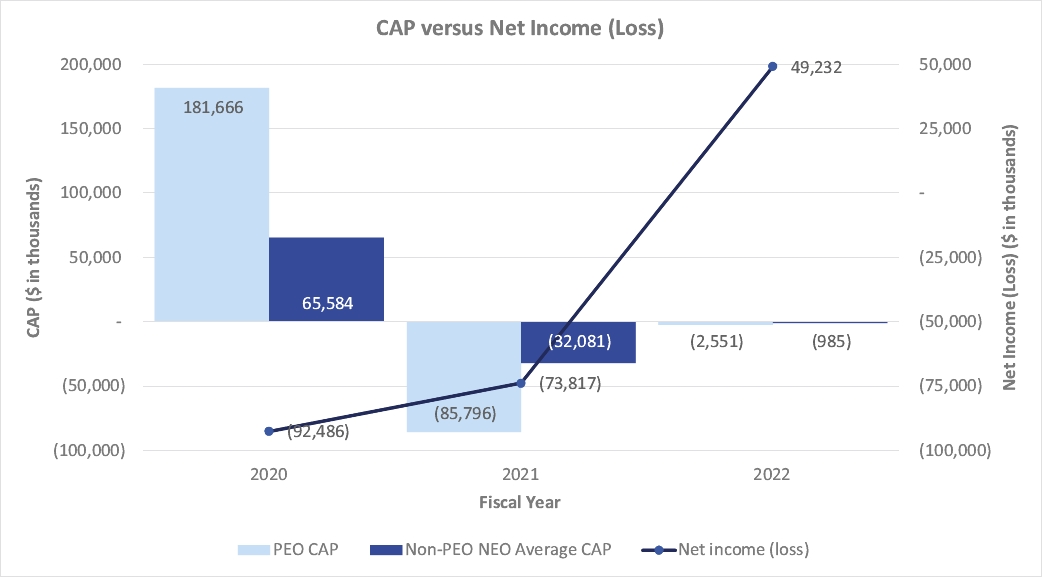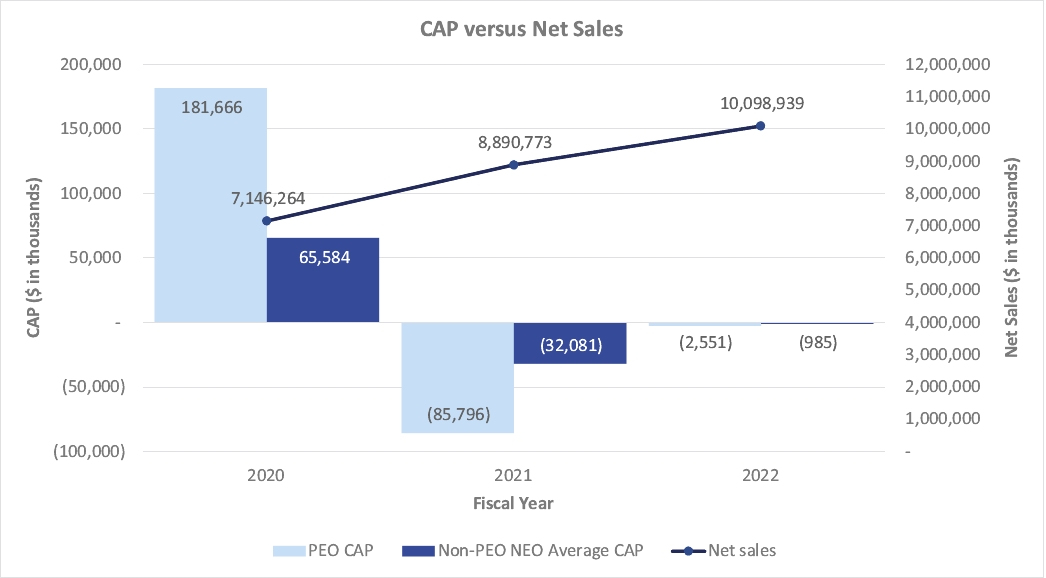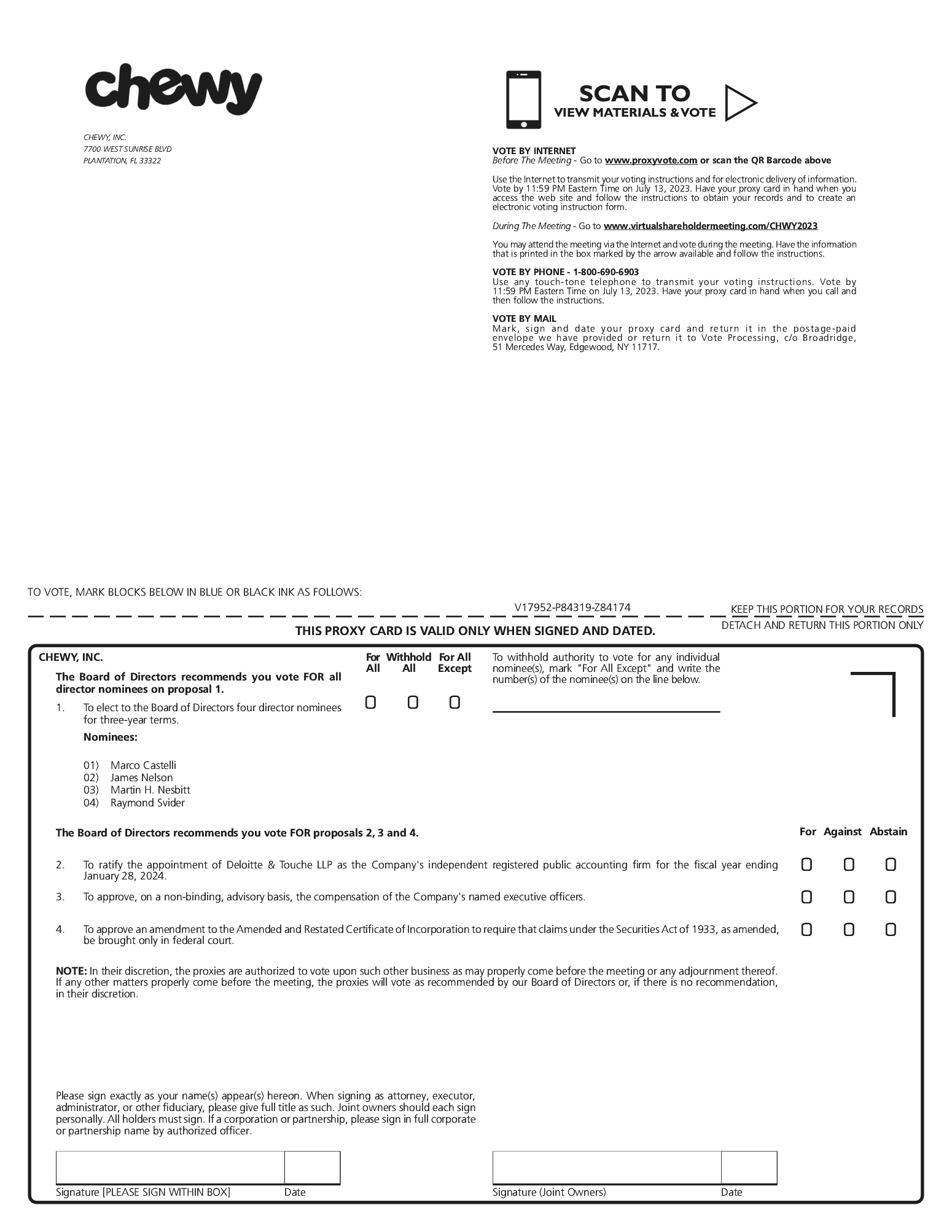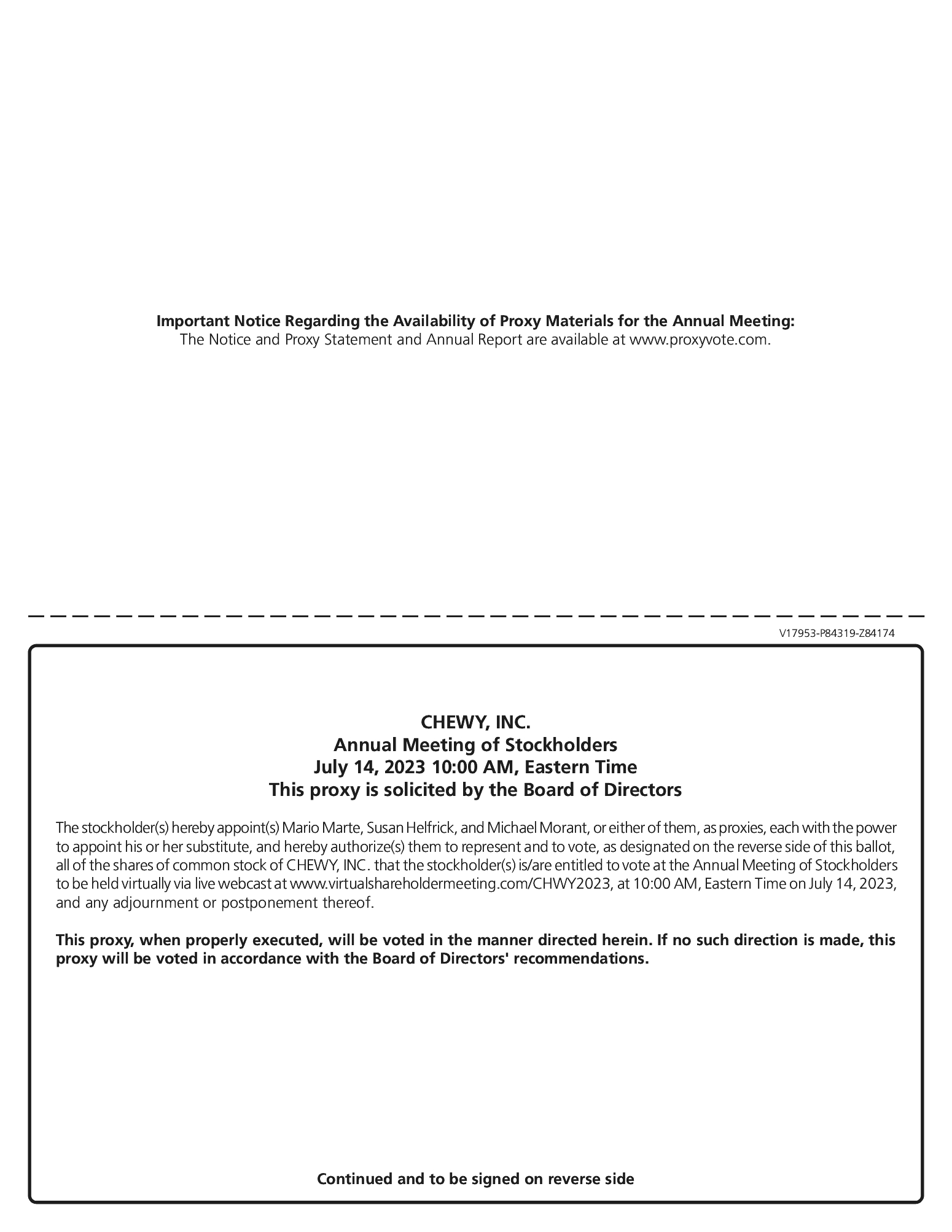doctorate from Albion College. Mr. Nesbitt’s individual qualifications and
background as a director include public company board experience and extensive accounting, compliance, environmental, finance, risk management, and operational and strategic experience as chief executive officer and founder of various
companies.
Raymond Svider. Mr. Svider currently serves as Partner and Chairman of BC
Partners and as Chairman of the Executive Committee of BC Partners. Since Mr. Svider joined BC Partners in 1992, he has led investments in various sectors, including consumer and retail, technology, media and telecom, healthcare, industrials,
and business services. He currently holds the role of Non-Executive Chairman of PetSmart LLC (“PetSmart”), a pet products and services retailer; Chairman of the board of Valtech SE, a technology company; Chairman of the board of Keter Group
Holding Sarl, a resin-based outdoor furniture manufacturing company; and Chairman of the of the board of Madison Logic, Inc., a marketing company. He serves on the boards of Altice USA, Inc., a technology company; EAB Global, Inc., an
educational technology company; GardaWorld Corporation (“GardaWorld”), a security services company; GFL Environmental Inc. (“GFL Environmental”), a waste management company; NAVEX Global, Inc., a technology company (“Navex”); and the board of
the holding company of Presidio Inc. (“Presidio”), an information technology services company. Mr. Svider previously served as a director of Appgate, Inc. (“Appgate”), a technology company; Intelsat S.A.; Accudyne Industries LLC; Cyxtera
Technologies, Inc.; Teneo Global; Office Depot, Inc.; Multiplan, Inc.; Unity Media Group; Neuf Cegetel; Polyconcept; Neopost; Nutreco; UTL; and Chantemur. Mr. Svider holds a Master of Business Administration degree from the University of
Chicago and Master of Science degrees in engineering from Ecole Polytechnique, France and Ecole Nationale Superieure des Telecommunications, France. Mr. Svider’s individual qualifications and background as a director include business acumen and
leadership experience and make him particularly well-suited for the roles of Chairperson of our Board and Chairperson of our Compensation and Nominating and Corporate Governance Committees.
Directors Continuing in Office Until the 2025 Annual Meeting
Mathieu Bigand. Mr. Bigand currently serves as Principal at BC
Partners. Before joining BC Partners in 2019, Mr. Bigand served in the Investment Banking division at Goldman Sachs Group, Inc., a financial services company, from 2014 to 2019, where he focused on the technology, media, and
telecommunications spaces. Mr. Bigand also currently serves on the board of Women's Care Enterprises, LLC (“Women’s Care”), a health services company, and Presidio. Mr. Bigand holds a Master in Management degree from HEC Paris and Bachelor in
Mathematics degree from Paris 1 Panthéon-Sorbonne University. Mr. Bigand's individual qualifications and background as a director include extensive accounting, international, and venture capital experience, and experience with e-commerce,
healthcare, and retail industries.
David Leland. Mr. Leland currently serves as Partner and Head of Capital
Markets at BC Partners. Since 2019, Mr. Leland has also served as Chief Executive Officer of BC Partners Securities LLC, a registered broker dealer in the United States. Before joining BC Partners in 2018, from 2000 to 2018, Mr. Leland served
at Citigroup Inc. (“Citigroup”), a financial services company, most recently as Managing Director in the Capital Markets Originations Group, with a focus on leveraged finance. Mr. Leland also currently serves on the board of GardaWorld.
Mr. Leland holds a Bachelor of Business Administration degree with a concentration in finance from The George Washington University. Mr. Leland’s individual qualifications and background as a director include extensive accounting, compliance,
and finance experience.
Lisa Sibenac. Ms. Sibenac currently serves as Managing Director at BC Partners
in Portfolio Operations. Before joining BC Partners in 2017, Ms. Sibenac served in management positions at Amazon, Inc. (“Amazon”), an international retailer, from 2012 to 2017, and she served in technical and commercial leadership roles at
Lockheed Martin Corporation, a security and aerospace company, from 2003 to 2010. Ms. Sibenac also currently serves on the board of Appgate and previously served on the board of GFL Environmental from 2018 to 2020. Ms. Sibenac holds a Bachelor
of Science degree in mechanical





